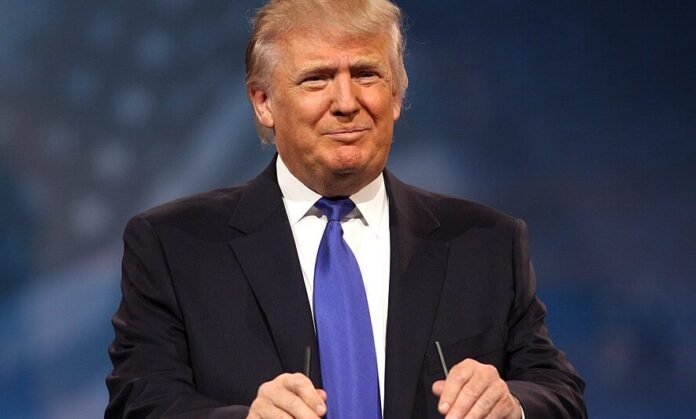Harvard University sues the Trump administration, battling over funding, academic freedom, and campus policies
Harvard University has launched a high-profile lawsuit against the Trump administration, sparking a monumental clash between the nation’s most prestigious educational institution and the federal government. At the heart of the dispute is a contentious battle over frozen federal funding, academic independence, and government oversight of college campuses.
The legal confrontation has escalated quickly, with Harvard accusing the Trump administration of using financial pressure to force the university into compliance with its political agenda. Harvard claims that the federal government’s move to freeze funds is part of a broader campaign to undermine the institution’s autonomy and control its policies, particularly regarding diversity, equity, and inclusion (DEI) programs.
The Trump administration has made a series of moves targeting universities, including rolling back DEI initiatives, revoking visas for international students, and imposing financial sanctions on schools that refused to align with its demands. The legal dispute over these actions is now expected to play out in the courts, possibly reaching the US Supreme Court in the coming years.
According to court documents, the Trump administration froze billions of dollars in federal funding, including $2.2 billion in multi-year grants and $60 million in multi-year contract value, after Harvard rejected the administration’s demands to overhaul its policies. These demands included eliminating DEI programs, restricting student protests, and enforcing merit-based admissions and hiring reforms that critics argue would stifle academic freedom and diversity of thought.
Embed from Getty ImagesThe conflict began in March 2025, when the Trump administration sent Harvard a letter accusing the university of failing to address antisemitism on campus. The letter was part of a wider government investigation into the treatment of Jewish students at Ivy League schools. Harvard, however, rejected the accusations, stating that the university had always upheld its commitment to fighting discrimination while preserving its academic freedom.
Despite the university’s strong opposition, the Trump administration doubled down, warning that continued resistance would jeopardise Harvard’s financial relationship with the federal government. The White House has also floated the idea of rescinding Harvard’s tax-exempt status, further increasing pressure on the institution.
Harvard President Alan Garber has vehemently opposed the administration’s actions, describing them as an assault on the university’s independence. He warned that the potential loss of federal funding, particularly from the National Institutes of Health (NIH), could have dire consequences for ongoing medical research. Harvard relies heavily on NIH funding for vital projects, including research into childhood cancer, infectious disease outbreaks, and battlefield injuries. Garber called the cuts a direct threat to American innovation and public health.
The lawsuit comes at a time when Harvard’s endowment, the largest of any university in the world, stands at a staggering $53 billion. While this wealth could help buffer the financial blow, Garber emphasised that the consequences of the administration’s actions would extend far beyond money. The dispute, he said, threatens the future of higher education in America and could have lasting effects on the nation’s global position as a leader in academic and scientific research.
Harvard is not the only university feeling the pressure. Other prestigious institutions, including Columbia, Princeton, Cornell, and Northwestern, have faced similar threats, with federal funds either frozen or suspended. Columbia has already made concessions, revising its policies to meet some of the administration’s demands. However, Harvard has stood firm, maintaining that it will not bow to political pressure or compromise its core values.
With both sides dug in, the outcome of this legal battle will have profound implications for the future of academic freedom, the relationship between universities and the federal government, and the role of higher education in shaping American society.
